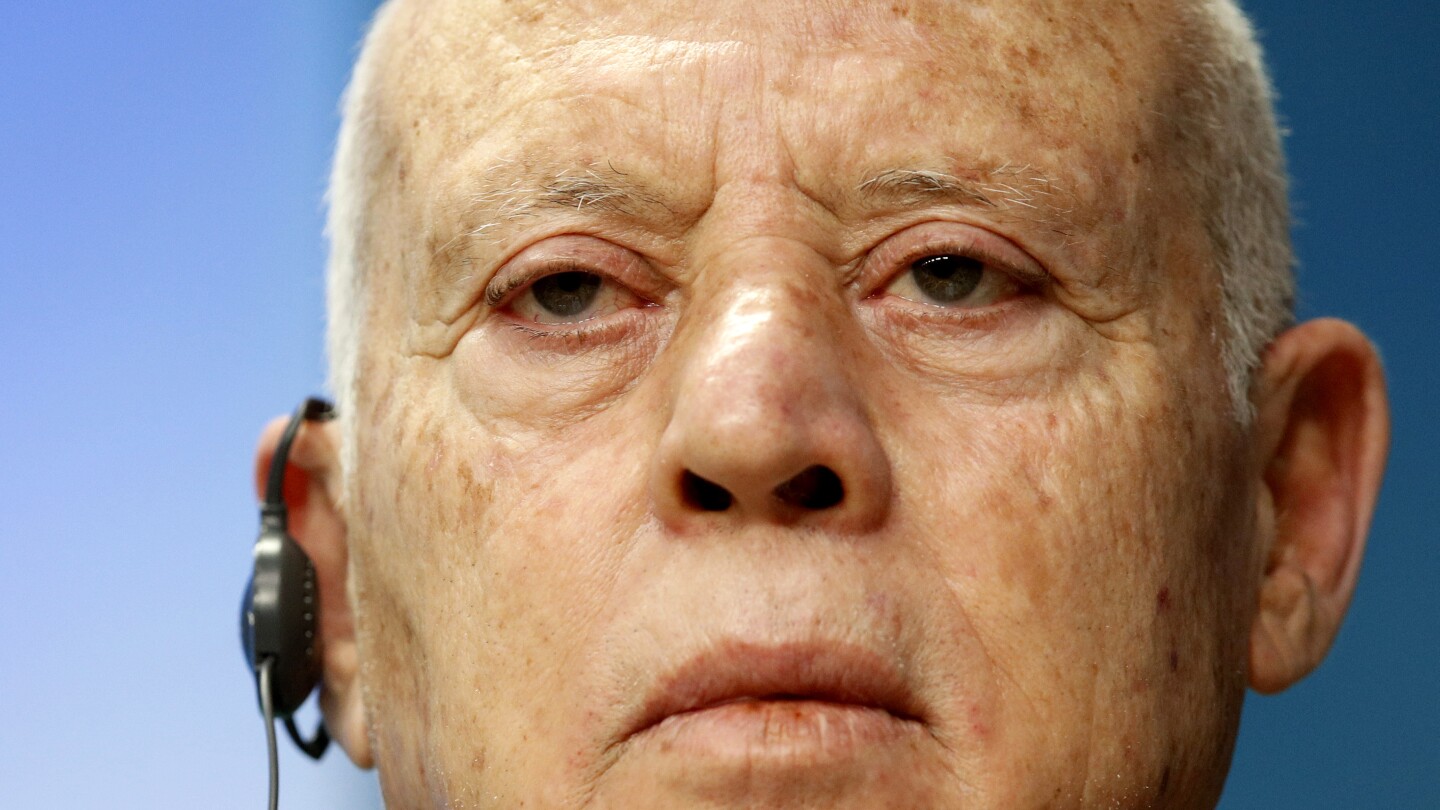Tunisia on Monday announced it would reject an installment of funds sent by Europe to help the debt-ridden country patrol the Mediterranean Sea as migrant boat crossings spike to levels not seen in several years.
President Kais Saied on Monday accused the European Union of not following through on agreements made earlier this year to help Tunisia patrol its border, curb smuggling and balance its federal budget. Though he called the disbursement “a small amount,” Saied said the decision was less about its size and more about how it “lacks respect.”
“The treasures of the world are not equal to a single grain of our sovereignty in the eyes of our people,” Saied said in a statement published on TAP, the country’s official press arm. “Tunisia, which accepts cooperation, does not accept anything that resembles charity or handouts.”
European representatives have not commented on Tunisia’s rejection. The funds are one component of a broad agreement that the EU and Saied brokered in Rome in July to funnel more than 1 billion euros ($1.1 billion) to Tunisia. That agreement included a pledge of 105 million euros ($110 million) earmarked for migration.
Tunisia has emerged as one of this year’s primary launching points for migrants — including many escaping war and poverty — seeking to reach Europe. The majority of 127,000 migrants who had arrived in Italy this year landed on Lampedusa, a small island closer to North Africa than the Italian mainland.
As numerous steel boats carrying migrants arrived on the island last month, the European Commission announced it would send an initial 127 million euros ($133 million) to Tunisia. More than half of those funds was designated for migration — to fight smuggling, support Tunisian law enforcement and facilitate the return of migrants to their countries of origin.
Though supporters, including Italian Prime Minister Georgia Meloni, have hailed the agreement as a regional model, Germany and other critics questioned its efficacy and worry it amounts to bankrolling Saied’s government as Tunisia’s economy flails and political opponents are jailed.
Since taking power in 2019, Saied has repeatedly characterized sub-Saharan African migrants as violent and a threat to Tunisia. Though he has shrugged off accusations of anti-Black racism, the remarks have coincided with a rise in anti-Black violence in Tunisia and garnered widespread condemnation, including from trade partners and the World Bank.
Saied has previously said that he has no intention of turning Tunisia into Europe’s border guard and bristled at proposals to allow sub-Saharan African migrants expelled from Europe to resettle in Tunisia.
The rejection of funds comes less than a month after Tunisia barred entry of European Parliament delegates attempting to visit the country, saying it wouldn’t allow interference into its internal politics.
___
Follow AP’s global migration coverage at https://apnews.com/hub/migration

